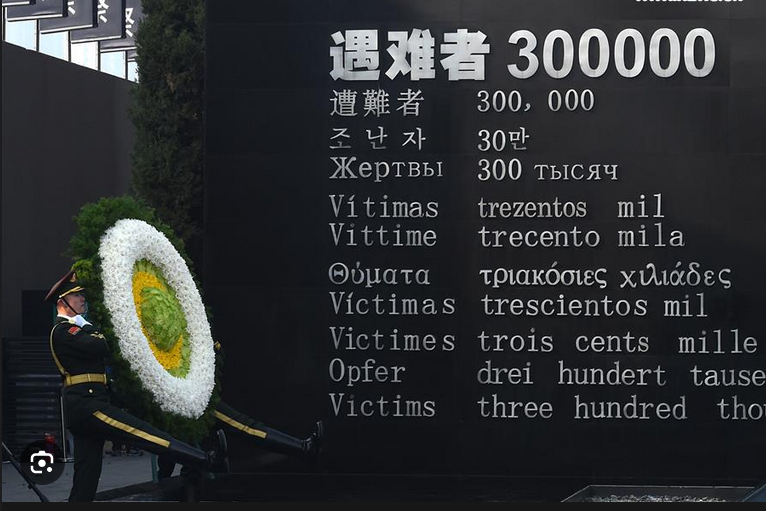THE STAGE 32 LOGLINES
Post your loglines. Get and give feedback.

300000
By Aram Katz
Even in the ashes of total war, love will find a way.
SYNOPSIS:
This is a story never before made into a motion picture by American film company; a story of mass genocide, unbridled evil and redemption. This is the story of the Nanjing Massacre.
In 1937, the Japanese surrounded and laid waste to the Chinese capital of Nanjing, a move that was militarily different as national capitals were considered off limits, as was the directed aerial carpet bombing of civilian areas. What followed the siege and the conquest earned the city the nickname "The City of Life and Death."
After WW2, in 1946, after the Americans tried the Japanese, China felt abandoned. They wanted vengeance against those that brutalized them and they would not be denied. They convened a war crimes tribunal for the leaders of the Nanjing Massacre.
In the United States, the NY Times sends columnist Morgan Wasserman to write on the Chinese tribunals. Being Jewish and surviving the Holocaust by being in the United States, Wasserman feels guilty and destroyed. He felt lucky to be safe while others bore the brunt of Nazi slaughter. He reported on the Nuremberg trials, which only heightened his feelings. Wasserman has lost his grip on his humanitarianism. Add to the fact that Wasserman does not want to go to China and he feels he is at a crossroads.
In China, he meets his translator, Wei Mei-Hua, a pretty, quiet woman who survived the Rape of Nanking. She holds many terrible visions and memories inside her, and feels ashamed that she survived. She attempts to hide her feelings with a smile and the Chinese idea of just letting the past die.
As the trial begins, Wasserman begins to learn more about the Chinese, what the Japanese did and cannot fathom the depths of brutality. He learns everything he can from Mei-Hua and begins to find himself falling in love with her, even though she resists him at every chance.
As the trial continues, Wasserman begins to understand Mei-Hua and she him. Slowly, she begins to open up to him, falling for him too. One night, in a fit of weakness, Mei-Hua tells Morgan her story of her family and her run in with Japanese soldiers. Morgan decides Mei-Hua will be the subject of is article.
The trial showcases Japanese brutality against a surrendered and defenseless Chinese city. Stories of genocide, rape, looting, arson, torture and wanton, unpunished carnage become the testimony against the Japanese, while their attitudes toward the Chinese, the trial and the events they are accused of committing almost bring the people of Nanjing to open warfare again. The testimony shows inter-related personal stories of all those testifying, as each person is somehow connected to another through fate, circumstance or coincidence, with the focus being on the personal emotional story moving forward rather than the constant brutality of the Rape of Nanking.
The Chinese convict the Japanese leaders, Morgan remains in China to be with Mei-Hua while Mei-Hua accepts the foreigner. Mei-Hua and Wasserman prove that out of intense tragedy, love will find a way. However, all is not right in Nanjing, as the moment the common enemy of the Japanese are vanquished, the Chinese turn on themselves, pointing their pent up rage and bloodlust inward as the power vacuum again sinks an already destroyed country into a bloody, three year civil war.
The story ends with on screen epilogue of the aftermath of the Rape of Nanking with the words "never forget" on the screen overlapping the "300,000 victims" sign at the Nanjing Massacre Memorial Hall on Shuei Xi Men Da Jie, followed by a montage of Nanjing today.


Rated this logline